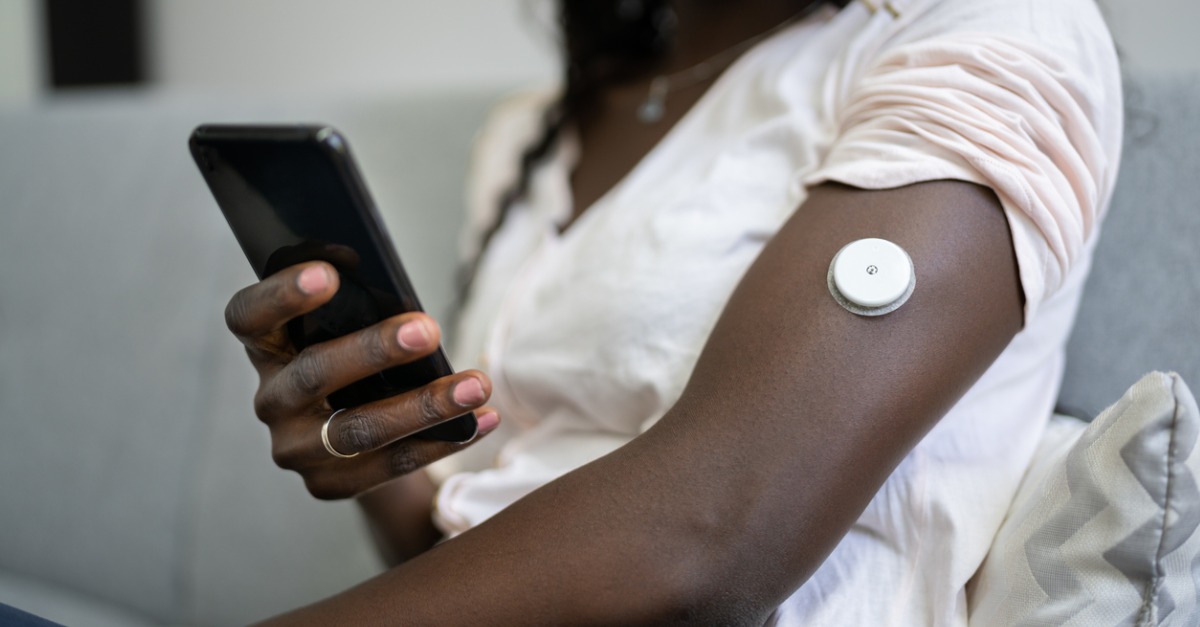Diabetes is a lifelong disease that changes how your body converts food to energy. In this condition, the body either doesn’t make enough insulin or doesn’t process it properly. Over time, this could cause serious complications, but keeping up with a diabetes management plan can help decrease these risks.
For American Diabetes Month this November, we’re shining a spotlight on diabetes to help you better understand its causes and how it’s treated.
Diabetes Symptoms
Some people with diabetes don’t have symptoms at all, and those that appear can vary depending on the type you have. In type 2 diabetes, which usually develops in adulthood, symptoms may be mild or nonexistent. Type 1 diabetes, which first appears during childhood or adolescence, usually involves intense symptoms that come on quickly.
No matter which type you have, some telltale symptoms of diabetes may include:
- Appetite changes
- Increased thirst
- Blurred vision
- Weight loss (without trying)
- Tiredness
- Increased urination
- Dry skin
- Tingling or numbness in the hands and feet
Since symptoms of diabetes aren’t always noticeable, experts recommend most people receive screenings by age 35.
Causes of Diabetes
The causes of diabetes are also believed to vary by type. In the case of type 1 diabetes, your body may be going through an autoimmune reaction. This happens when your immune system mistakenly attacks healthy tissues and cells. The reaction interferes with the development of insulin, a hormone that helps your body use sugar properly for fuel. Since type 1 diabetes is a lifelong illness that has no cure, people with this condition will always need to take insulin to control their blood sugar levels.
There are several possible factors that could lead to type 2 diabetes. Being overweight or obese, for example, can affect how your body processes insulin, making it harder for your system to keep up with a healthy demand.
In addition to your weight, there are other risk factors for type 2 diabetes that may be beyond your control. For example, having close relatives with type 2 diabetes can raise your risk. Certain ethnic and racial groups are also more likely to develop the condition, including African Americans, Alaska Natives, American Indians, Asian Americans, Hispanics/Latinos, Native Hawaiians, and Pacific Islanders.
Diabetes Treatment
The way diabetes is treated can be a little different for everyone. Usually, managing diabetes will require diet changes, exercise, and possibly medication. Though being diagnosed with diabetes may require some big changes, people with it can still enjoy a fulfilling and healthy life.
If you have diabetes, the most important thing you can do is to control your blood sugar levels. This typically means tracking your blood sugar using testing devices and staying within a healthy range. In many cases of type 2 diabetes, lifestyle changes like eating healthy foods and exercising regularly may be enough to keep blood sugar levels under control. For other people, the body may need a little extra help, so medications such as insulin may be needed.Your doctor and health care team will help you navigate a healthy diabetes plan. If you have diabetic concerns, another chronic condition, or are looking for a caring team for your family’s general healthcare needs, turn to YourTown Health. From check-ups to diabetes management plans, we can help you prioritize your health through compassionate, quality care. Find your nearest office by visiting our locations page, or contact us online for personalized assistance.

